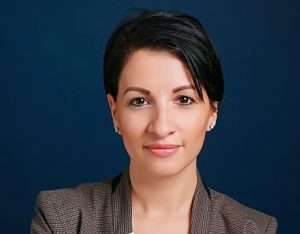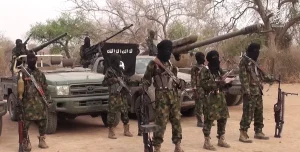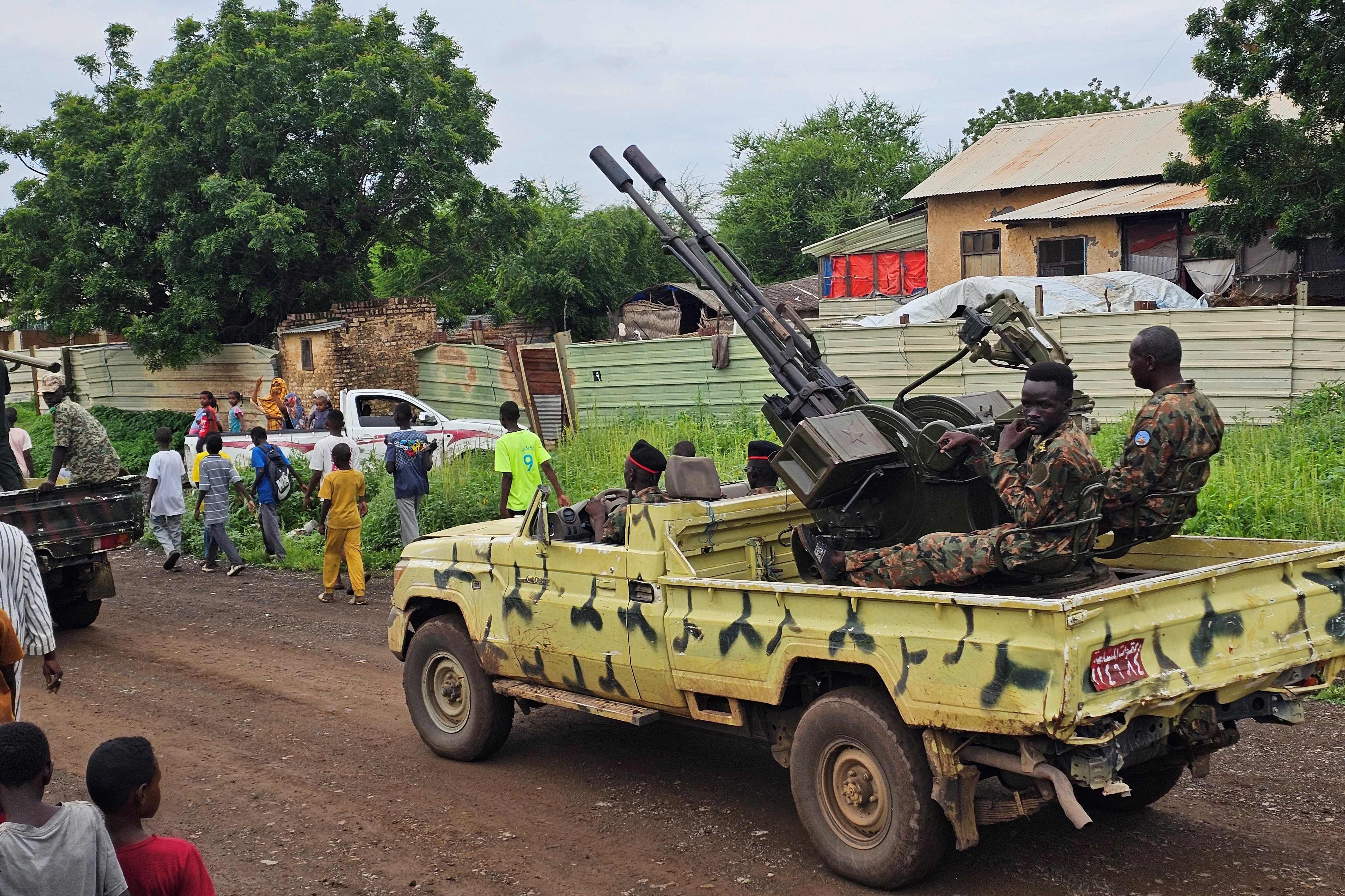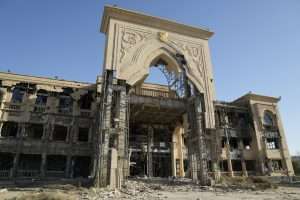Algeria’s Stance on Morocco’s Peace Appeals
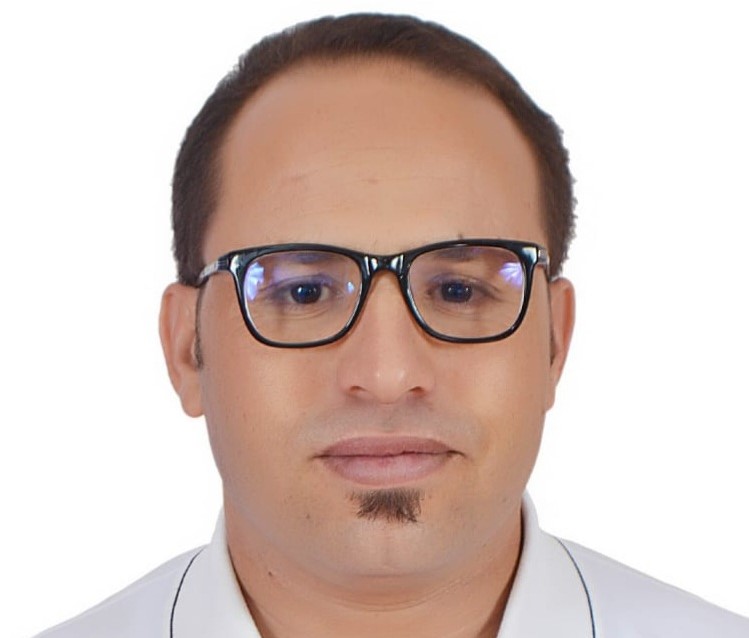
Since the 1994 border closure between Morocco and Algeria due to a diplomatic crisis,
Algeria has ignored Morocco’s persistent calls to normalize bilateral relations. And
despite a potential subsequent reopening of the border, Algeria has shown no willingness to talk.
Morocco and Algeria’s diplomatic relations have been in flux since Algeria gained its
independence from France in 1962. In August 2021, Algeria unilaterally decided to sever all
ties with Morocco, resting its decision on Morocco’s allegedly hostile policies toward its
neighbor. Algiers has never offered concrete evidence substantiating its claims to the
international community, and numerous observers, including Algerian activists such as
Anouar Malek and Hicham Aboud, have unequivocally dismissed the assertions made by the
Algerian government as lacking a factual basis. They say Algeria’s claims are overt
propaganda, employed to divert attention from the actual underlying issue: the dispute over
Western Sahara.
Indeed, Algeria has unconditionally supported and sponsored the separatist movement in
Western Sahara, known as the POLISARIO Front, hoping to split Morocco into two
countries. Algeria’s consistent financial and political support for the separatist organization
has drained considerable resources that could have been deployed in both countries to
advance social and economic issues.
READ: Canadian anti-crime researcher will go on trial in Algeria
Yet Morocco has never called Algeria an enemy state. While the POLISARIO’s enduring
military operations resulted in significant casualties over the years before the ceasefire
agreement brokered by the UN in 1991, Morocco has called the separatist group
“misguided,” rather than labeling it a terrorist organization. Morocco’s position is grounded
in the intrinsic “Moroccanness” of these individuals with the promise of potential
reconciliation, their actions being potentially pardonable upon reintegration with their
homeland.
The Western Sahara dispute remains a significant impediment to the revival of Moroccan-
Algerian relations. For years Morocco has urged Algeria to entrust this matter to the United
Nations, advocating against any interference that might hinder the process of normalization
between the two nations. Algeria’s positional paradox, however, emanates from its persistent
disavowal of direct involvement in the issue, portraying itself merely as an observer. But the
actions and policies pursued by Algeria present a contradictory narrative. This incongruity is
most evident in the deep-seated antagonism directed towards Morocco and its interests, and
in Algeria’s stubborn refusal of any reconciliation with Morocco.
Morocco’s foreign policy in both regional and international conflicts, including its dispute
with Algeria, has been rooted in principles of non-violence, good-neighborliness, and
pacifism. Algeria’s recurrent hostile rhetoric and defamatory media campaigns against

Morocco’s King Mohammed VI and the country’s interests have had the potential to escalate
the conflict into a military confrontation, yet Morocco has been measured in responding.
Since his ascension to the throne in 1999, King Mohamed VI has emphasized the geo-
strategic importance of normal Moroccan-Algerian relations for the whole North Africa
region. He has called on his Algerian counterparts to engage in open, unmediated dialogue to
resolve the underlying issues. In his most recent speech on Throne Day, July 29, 2023, he
renewed his call for peace and bilateral cooperation, stating that Moroccan-Algerian relations
“are stable, and we look forward to seeing them improve.”
Subtly responding to accusations of Morocco’s alleged involvement in hostile plotting against
Algeria, King Mohamed VI reassured the Algerian people that “no evil will ever be done to
them, nor will any harm ever come to them from Morocco.”
READ: Spanish PM’s holiday in Morocco draws fire from foes
This overture of peace has again fallen on deaf ears. This highlights the persisting enmity and
hostility from Algeria’s leadership towards Morocco. The king’s hand extended for peace
contrasts sharply with the continued animosity that seems to persist as a fundamental policy
among the Algerian leaders: they have dubbed Morocco the “classic enemy.” Despite
Morocco’s efforts to promote goodwill and foster positive relations, the refusal to reciprocate
such gestures by the Algerian leadership perpetuates the tension and mistrust between the two
neighboring nations.
King Mohamed VI’s aspirations for the unity and integrity of the Maghreb are evident, not
only in his commitment to “establish solid relations with sister nations and friendly countries,
particularly our neighbors,” as he articulated, but also in his pacifist policies that have so far
effectively averted warfare, chaos, and bloodshed in North Africa.
His pacific and pragmatic foreign policy has garnered significant credibility and increasing
support, especially for the Western Sahara issue. Numerous Western countries, including the
United States, Spain, Germany, and most recently Israel, have recognized Morocco’s
sovereignty over Western Sahara and endorsed Morocco’s autonomy plan for the region. In
addition, numerous Arab, African, and Latin American states have established consular
delegations in Western Sahara, signifying their alignment with Morocco’s position. The shift
in the geopolitical landscape of North Africa has goaded Algeria to strongly react, and that is
reflected in its recent pivot to Russia, seeking arms deals.
For Morocco, the path forward lies in continued diplomatic engagement, recognition of
shared aspirations, and fostering a future of cooperation and mutual prosperity for its
neighboring North African nations. However, given the current Algerian regime dominated
by the military with only a superficial civilian veneer and seemingly intent on an arms race,
translating this aspiration into reality will be a challenge.
Youssef EL KAIDI is an Associate Professor of English Literature and
Cultural Studies at the School of Arts and Humanities, Sais-Fes,
University Sidi Mohamed Ben Abdellah, Fes, Morocco. Beyond his
academic interest areas of literature, cultural studies, translation, and
cross-cultural communication, Youssef has written extensively on
political, cultural, historical, and social issues in Morocco and the Arab
World. Youssef has participated in many international summer schools
and academic events, visiting globally renowned universities in the
United States, Germany, and Japan. @youssefelkaidi
Want to chase the pulse of North Africa?
Subscribe to receive our FREE weekly PDF magazine




